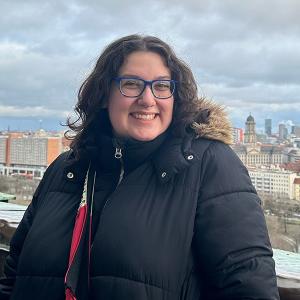This report is the big news down here, because it shines a light on some of the awful practices that have emerged from our mentality that migrants are criminals that have no civil or human rights. Amnesty International also found that illegal and legal migrants plus people seeking political asylum because of persecution or torture in their home countries are all swept up under this system and languish in (privately owned) jails for years. Additionally, because of a lack of oversight, agents of Immigration and Customs Enforcement (or ICE) act as they see fit, arresting parents in front of their young, U.S. citizen children, transferring them to jails in other states to ensure that their families and lawyers have no access to them, refusing translation services and basic medical care to people in need, and neglecting to adequately explain options besides voluntary deportation to those detained.
So I read a report like this, or I read about the sharp increase of migrants dying in the desert because of border militarization, or I see first-hand the devastating effects of our neo-liberal policies on small towns in Mexico, and I get all riled up and ready to DO something. But one problem with learning about the woes of the world is that it is extremely easy to feel overwhelmed and paralyzed. Especially with migration. The whole chain is messed up, but where do we attack? Do we make sure arrested migrants like those interviewed by Amnesty International receive due process? Do we volunteer with an organization like Samaritans (I start working for them on Wednesday) that makes sure the actual crossing experience isn't so lethal? Do we lobby the Department of Homeland Security so that migrants don't have to walk for four days in the desert to cross? Or do we lobby our own government to alter or ditch NAFTA so that people aren't robbed of their livelihood and forced to migrate in the first place?
We just started reading the ideas of Paulo Freire, an educator from Brazil who believed that if you volunteer to help someone in need without questioning WHY they're in need in the first place, you're just perpetuating the system of oppression and dependence. I can give water to a migrant in the desert, but there will just be another one after him, and another, and another. In addition to this work, I also want to fight to change U.S. practices in Latin America so that groups like Samaritans are no longer necessary. It's good for my group and me to volunteer here in Tucson, but we also need to reflect on why things are the way they are. Only then can we create real change.


